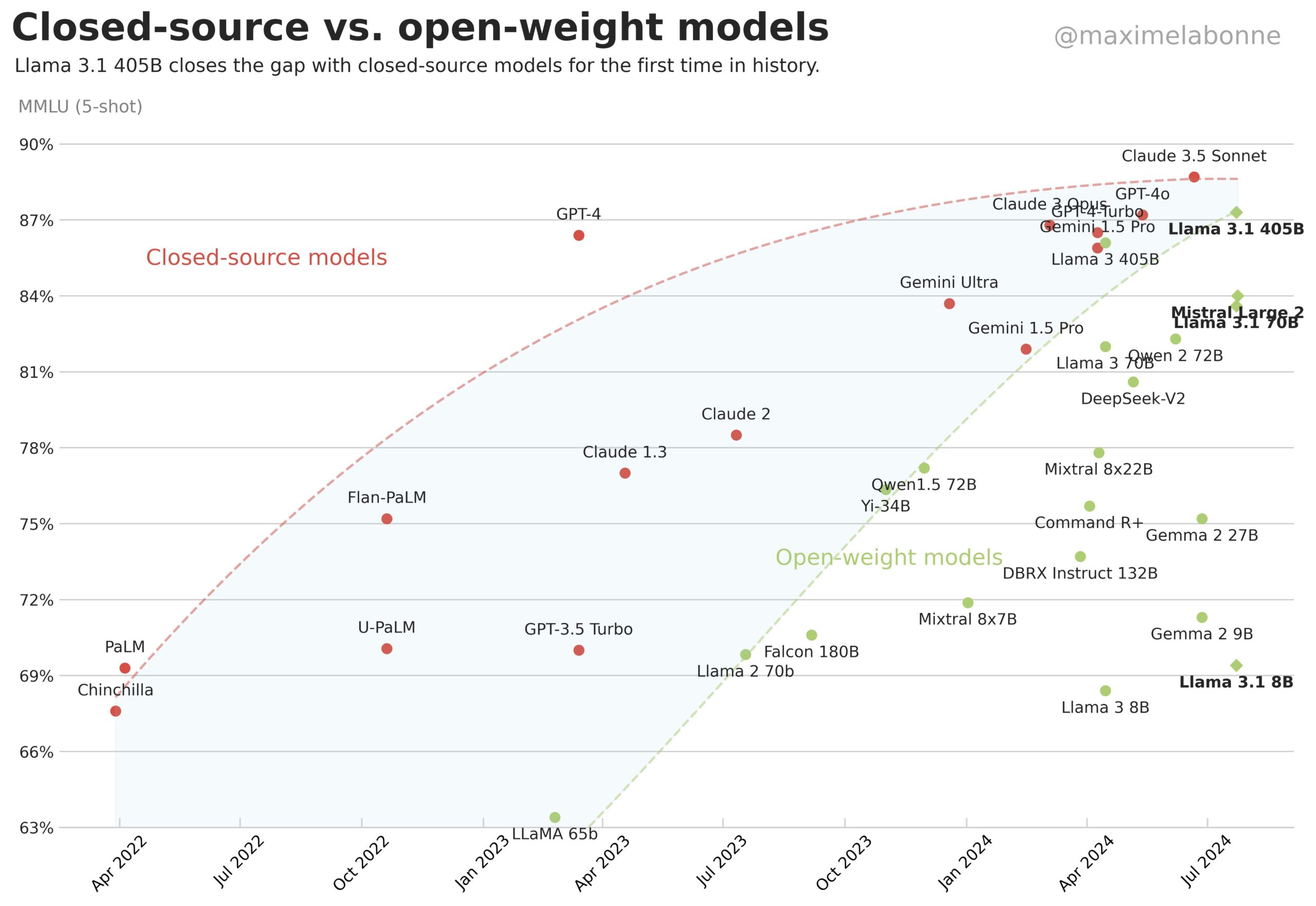September data is out.
MoM there's a small dip vs August. There might be a seasonal component as September has a spike in Asia Pacific revenue also in previous years, but it could also be random.
What matters is that the Americas share is well above the 28.0% threshold.
| PERIOD | SHARE |
| Last month | 31.1% 📉 ( -1.4% ) |
| Past 3 months | 31.1% 📉 ( -0.1% ) |
| Past 12 months | 28.8% 📈( +0.4% ) |
| 2024 so far | 29.4% 📈 ( 0.2% ) |














The IAEA just released a new report, in which it is confirmed that in the period between August and October Iran increased its stockpile of Uranium enriched up to 60%.
This is almost certainly the last report of the year.
[1] Verification and monitoring in the Islamic Republic of Iran in light of United Nations Security Council resolution 2231 (2015)